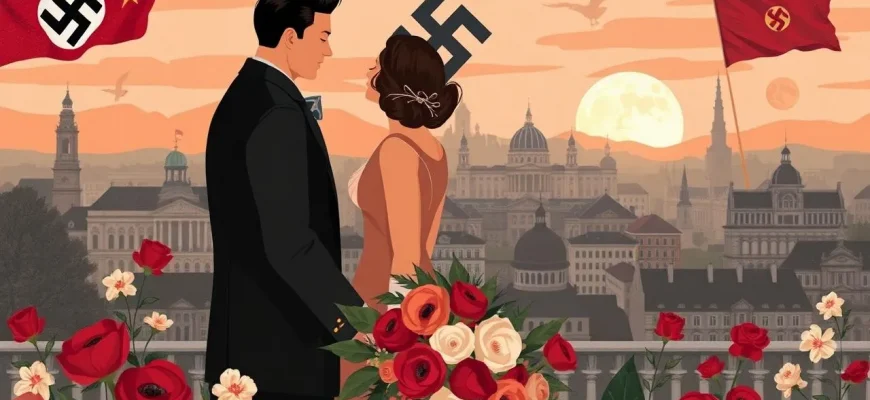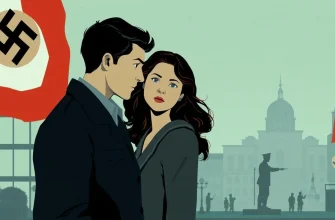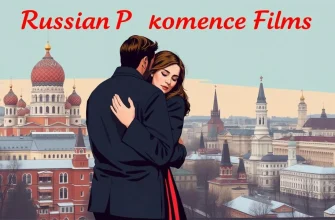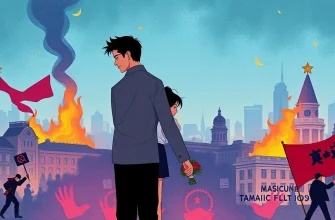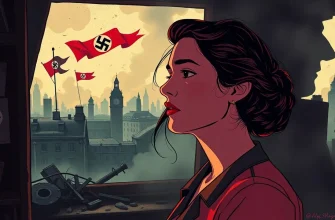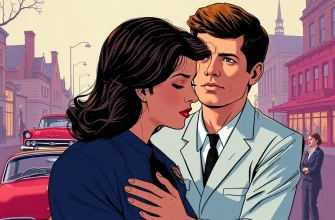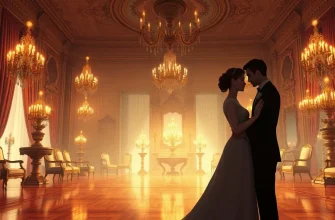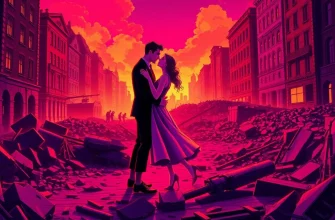This collection delves into the complex interplay of love and conflict during one of the darkest periods in history. These films offer a unique perspective on human emotions, exploring how love can flourish or falter under the shadow of the Nazi regime. They provide not only a historical context but also a deep emotional journey, making them valuable for those interested in both cinematic storytelling and historical narratives.
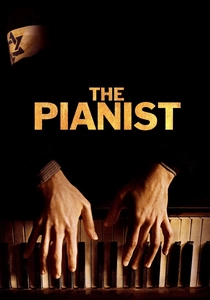
The Pianist (2002)
Description: While not a traditional romance, this film includes a poignant love story amidst the backdrop of the Warsaw Ghetto, highlighting the resilience of love in the face of extreme adversity.
Fact: Adrien Brody's performance earned him an Oscar for Best Actor, and he famously sold his car to prepare for the role.
 Watch Now
Watch Now
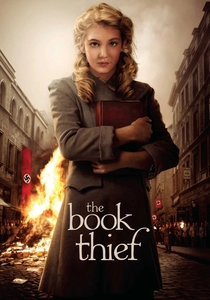
The Book Thief (2013)
Description: Set in Nazi Germany, this film tells the story of a young girl who finds solace in stealing books and sharing them with a Jewish man hiding in her basement, highlighting the power of literature and human kindness.
Fact: The film's narration is done by Death, giving a unique perspective on the events.
 Watch Now
Watch Now
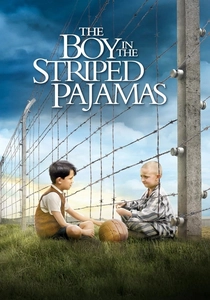
The Boy in the Striped Pyjamas (2008)
Description: This film follows the friendship between a German boy and a Jewish boy in a concentration camp, exploring innocence, friendship, and the horrors of the Holocaust through the eyes of children.
Fact: The film was adapted from a novel by John Boyne, which was inspired by a visit to Auschwitz.
 Watch Now
Watch Now
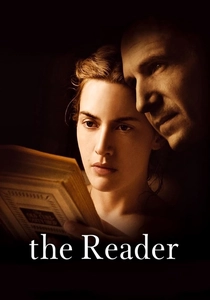
The Reader (2008)
Description: This film explores a forbidden love affair between a young man and an older woman, who later turns out to have been a guard at a Nazi concentration camp. It delves into themes of guilt, shame, and the aftermath of war.
Fact: Kate Winslet won an Academy Award for Best Actress for her role as Hanna Schmitz.
 Watch Now
Watch Now
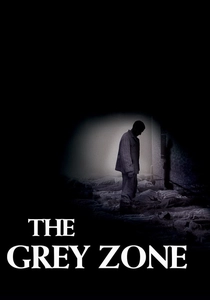
The Grey Zone (2001)
Description: This film, while focusing on the Sonderkommando in Auschwitz, includes a subplot of love and survival, showcasing the moral dilemmas faced by those involved.
Fact: The screenplay was based on the book "The Grey Zone: A Report from the Auschwitz Sonderkommando" by Miklós Nyiszli.
 30 Days Free
30 Days Free
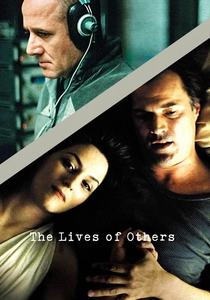
The Lives of Others (2006)
Description: Set in East Germany, this film explores the surveillance state and includes a subplot of love and betrayal, reflecting on the personal lives affected by the political climate of the time.
Fact: It was the first German film to win the Oscar for Best Foreign Language Film since the reunification of Germany.
 30 Days Free
30 Days Free
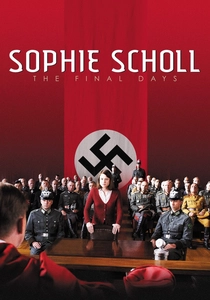
Sophie Scholl: The Final Days (2005)
Description: This film tells the story of Sophie Scholl, a member of the White Rose resistance group, and includes her relationship with her brother and fellow resistance members, highlighting the personal sacrifices made for love of country and freedom.
Fact: The film was critically acclaimed for its historical accuracy and portrayal of the resistance movement.
 30 Days Free
30 Days Free
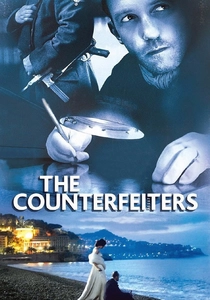
The Counterfeiters (2007)
Description: While primarily a drama about a counterfeiting operation in a concentration camp, it includes elements of romance and human connection amidst the backdrop of survival.
Fact: The film won the Academy Award for Best Foreign Language Film.
 30 Days Free
30 Days Free
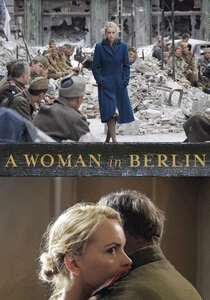
A Woman in Berlin (2008)
Description: Based on a real diary, this film portrays the life of a woman in Berlin during the final days of WWII, focusing on her relationships with both German and Soviet soldiers, showcasing the complexity of human connections during wartime.
Fact: The film was controversial in Germany for its portrayal of the Soviet occupation.
 30 Days Free
30 Days Free
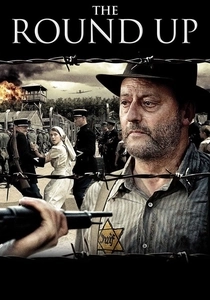
The Round Up (2010)
Description: This French film, available in English dubbing, recounts the Vel' d'Hiv Roundup, focusing on the human stories, including a love story between a Jewish woman and a French policeman.
Fact: The film was inspired by real events and personal testimonies.
 30 Days Free
30 Days Free

